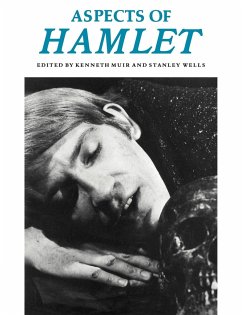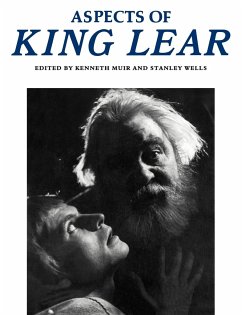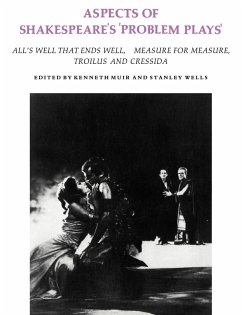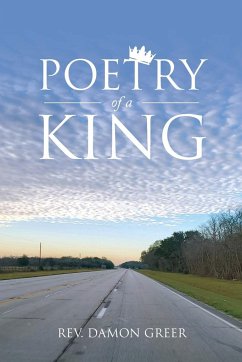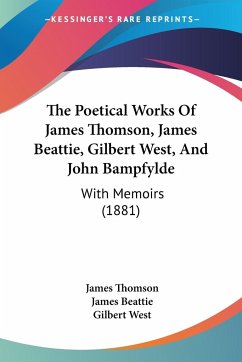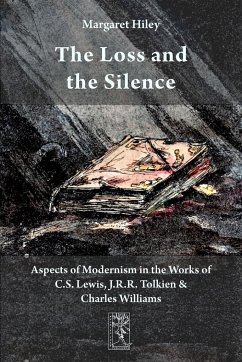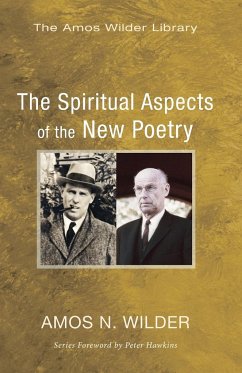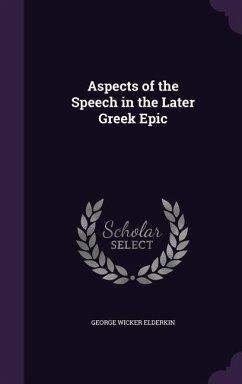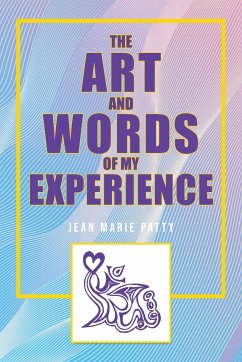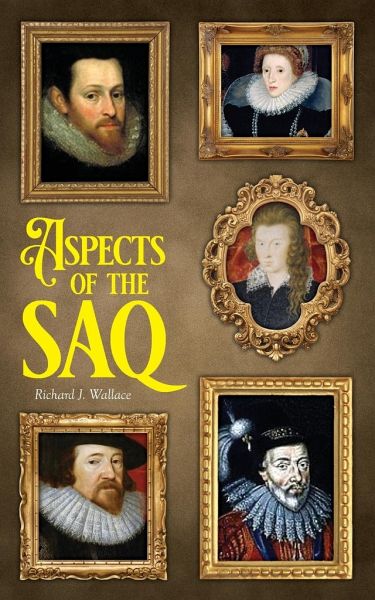
Aspects of the SAQ
Versandkostenfrei!
Versandfertig in 1-2 Wochen
16,99 €
inkl. MwSt.

PAYBACK Punkte
8 °P sammeln!
Taking the anti-Stratfordian view of the Shakespeare authorship question (SAQ) for granted, these essays delve into various topics that still divide those who have adopted this perspective. These include the Prince Tudor hypothesis, the various primary Shakespeare texts and their di¿erences, the idea that the man from Stratford was a front-man for the real author of the Shakespeare plays, and the Stanley-as-Shakespeare hypothesis. A basic theme running through these essays is that the very question, who was Shakespeare?, may be misleading if one is looking to ¿nd a particular individual to �...
Taking the anti-Stratfordian view of the Shakespeare authorship question (SAQ) for granted, these essays delve into various topics that still divide those who have adopted this perspective. These include the Prince Tudor hypothesis, the various primary Shakespeare texts and their di¿erences, the idea that the man from Stratford was a front-man for the real author of the Shakespeare plays, and the Stanley-as-Shakespeare hypothesis. A basic theme running through these essays is that the very question, who was Shakespeare?, may be misleading if one is looking to ¿nd a particular individual to ¿ t the bill. By now it is pretty clear that the plays at least are the work of more than one hand, and that the name "Shakespeare" has an emblematic character (¿rst recognized by Delia Bacon) that goes beyond individual authorship as it is commonly understood.



